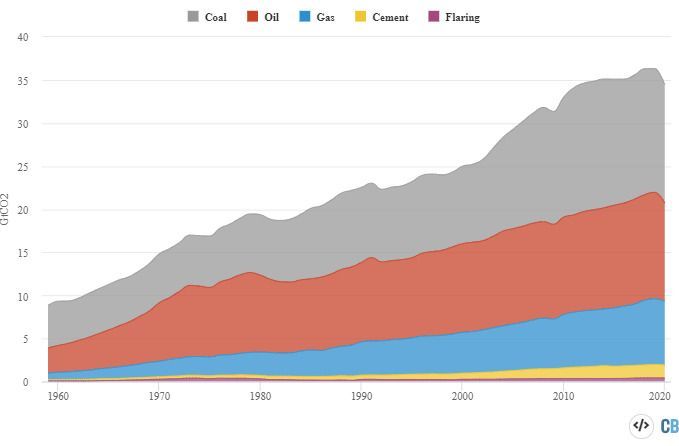A desalination membrane acts as a filter for salty water: push the water through the membrane, get clean water suitable for agriculture, energy production and even drinking. The process seems simple enough, but it contains complex intricacies that have baffled scientists for decades—until now.
Researchers from Penn State, The University of Texas at Austin, Iowa State University, Dow Chemical Company and DuPont Water Solutions published a key finding in understanding how membranes actually filter minerals from water, online today (Dec. 31) in Science. The article will be featured on the print edition’s cover, to be issued tomorrow (Jan. 1).
“Despite their use for many years, there is much we don’t know about how water filtration membranes work,” said Enrique Gomez, professor of chemical engineering and materials science and engineering at Penn State, who led the research. “We found that how you control the density distribution of the membrane itself at the nanoscale is really important for water-production performance.”








